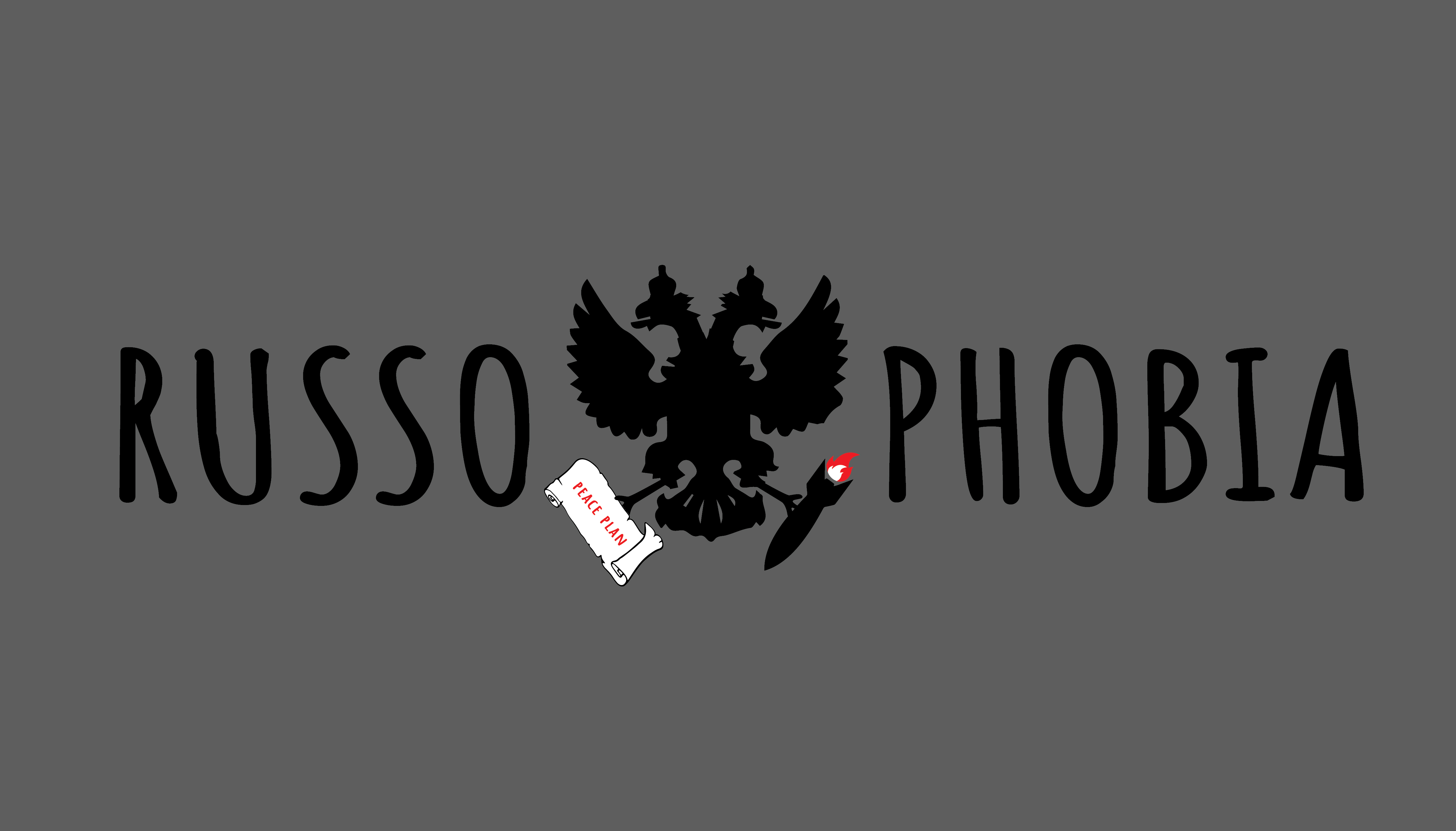Greetings! We are the analysis and research team at the Detector Media Research Center, and today we will delve into how Russians are dubbing themselves the “new Jews,” how xenophobia against ethnic communities is manipulated in propaganda, and the flaws in China’s “peace plan.”
We have scrutinized how Russian disinformation employs the subject of varied ethnic communities in the Ukrainian segment of major social media. Pervading messages encompass a supposed “global Jewish conspiracy” that instigated the conflict between “brotherly Slavic nations,” claims of Ukraine performing “ethnocide” on Transcarpathian Hungarians, and the perception of “Russophobia” in the Western hemisphere. These tactics aim to cast the aggressor as a discriminated and persecuted victim, while Ukraine and our Western partners are painted as bellicose nations teeming with xenophobia. You can find more information about this topic here.
Are you interested in understanding the subtleties and potential pitfalls of various peace proposals for a potential end to the war in Ukraine? We have gathered substantial knowledge about this and are eager to share our findings. In our research, we discuss the core of peace proposals, their benefits, and threats to Ukraine, the West, and Russia.
We have amassed a wealth of other crucial texts and analyses this month. For instance, Analyst Lesia Bidochko spotlighted the primary messages and strategies of Russian disinformation regarding the Black Sea Grain Initiative. You might wonder what this has to do with jamón; we encourage you to read on, and the connection may surprise you.
Do you recall the allegations that Poland, Hungary, and Romania were intending to annex Ukraine? Accusations against various nations planning to annex Ukraine are a persistent and timeless theme in Russian propaganda, much like the melodies of Johann Sebastian Bach. Our analyst, Oleksiy Pivtorak, examined how Russian propaganda seeks to distract from Russian aggression and depict Ukraine and its Western neighbors as belligerent nations hungry for new territories. In truth, it is Russia that covets Ukraine, and it manifests this ambition at every opportunity.
Researcher Pavlo Khudish exposed the methods propagandists use to disseminate disinformation about the Jewish community and portray Ukrainians as anti-Semitic. Regrettably, sometimes Russian propaganda achieves its intended effect.
While this may be all for now, we remain actively engaged. Rest assured, as you read this, our analysts are meticulously dissecting tens of thousands of posts to uncover the false narratives Russia is disseminating about the lives of religious communities. Furthermore, we would like to remind you that Detector Media consistently updates the Chronicle of Russian Disinformation and gathers instances of propaganda messages regarding significant events. For instance, on May 9 and Europe Day, as well as the Ukrainian issue in the context of the Turkish presidential elections.
Until we meet again! Keep yourself safe from Russian propaganda and Russian missiles :) We send you our warmest regards.
Dissemination of Russian Narratives in the Media Landscape of the Global South and the Dramatic Story of Young Fyodor
Greetings from the analysis team at the Detector Media Research Center! In this edition of our newsletter, we will delve into why Anatoliy Shariy’s pro-Ukrainian stance warrants skepticism, how Russia fabricates heroes to cheer up millions of its citizens, and the disinformation narratives spread by Russian propaganda in 11 countries across several continents.
Our analysts at Detector Media, in collaboration with LetsData, have examined the predominant Russian disinformation narratives circulating in the media of the so-called “Global South.” These include 4 Asian countries (Kazakhstan, India, Turkey, and Indonesia), 5 African countries (Kenya, Egypt, Ghana, Nigeria, and South Africa), and 2 Latin American countries (Argentina and Brazil). For instance, Turkish media discourse is replete with pro-Russian and pro-Ukrainian narratives in equal measure, while Nigerian media convey that Western support for Ukraine outpaces their own, despite Nigeria grappling with a myriad of security issues. Key narratives present in these countries revolve around notions such as Ukraine being a puppet of the West, NATO countries being at war with Russia, Russia as a victim of Russophobia and discrimination, and Ukraine being undeserving of aid. Discover more about this topic here.
We also invite you to learn more about Anatoliy Shariy, a Ukrainian yet staunchly pro-Russian blogger boasting a million followers and his narratives over the past year. Detector Media’s study scrutinized the evolution of his rhetoric over time, culminating in the conclusion that despite Shariy’s attempts to posture as a neutral blogger who neither backs the Ukrainian nor Russian authorities but harbors concern for the Ukrainian populace, he remains predominantly pro-Russian. A comprehensive answer to “Why?” can be found here.
Do you recall the recent narrative spun by Russian propagandists about young Fyodor, a brave boy who allegedly rescued numerous individuals and survived a fight against malevolent Ukrainians? We remember and acknowledge that Fyodor is a construct of propagandists designed to uplift the spirits of millions. Lesia Bidochko, an analyst at Detector Media, has detailed the propaganda technique of “heroization.” Before the start of the full-scale war against Ukraine, Russian propaganda frequently utilized images of victims and martyrs, whereas they now fabricate their own heroes like “Fyodor the boy,” “the red-flag bearing grandmother,” and members of the Wagner PMC with criminal backgrounds. Read more about this here.
Over the recent months, our analysts have been focusing on explaining the various propaganda techniques employed by Russians and their operational mechanisms. For instance, analyst Oleksiy Pivtorak examined the primary tactics and narratives used by Russian propagandists when reporting on the situation in the Ukrainian city of Bakhmut. Russian propaganda underscores the futility of defending the city and the inevitable triumph of Russian forces, attempting to demoralize the Ukrainian military and civilians while demonizing the Ukrainian army by accusing it of horrific crimes.
Furthermore, analyst Pavlo Khudish highlighted the principal tactics of Russian propaganda to rationalize the military setbacks of their own forces (withdrawal from the Kyiv region, loss of portions of the Kharkiv and right-bank Kherson regions). Detector Media’s researchers also consistently update the Chronicle of Russian Disinformation and compile instances of Russian propaganda messages related to significant events, such as Finland’s shift from neutrality to joining NATO or the arrest of Donald Trump.
Find our highlights for April here.
Yet, our work is not the end of it. Our partners also make a difference by doing interesting and important things:



